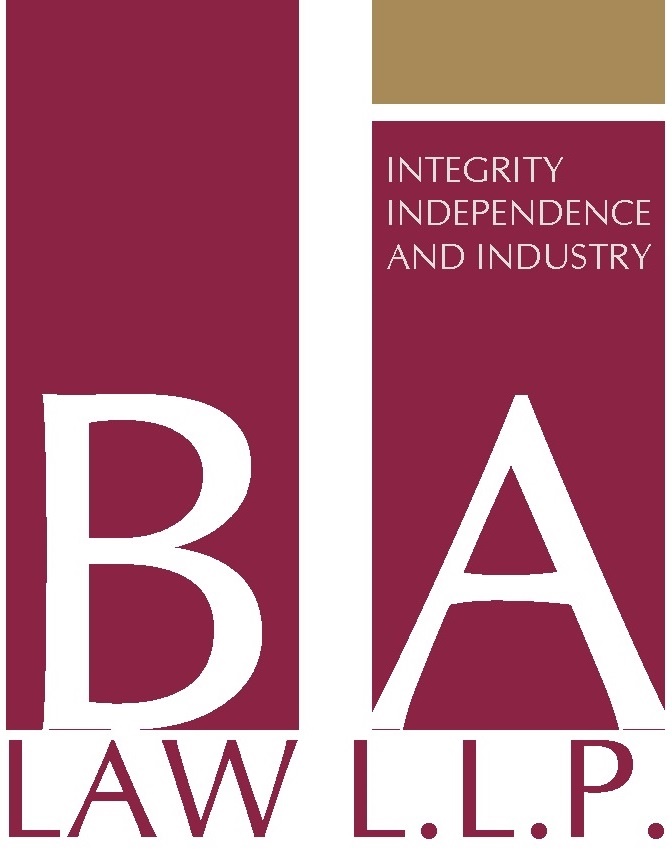[vc_row][vc_column][vc_column_text]
ARE VIRTUAL PRIVATE NETWORKS (VPNS) LEGAL OR ILLEGAL IN NIGERIA?
A VPN gives users privacy and online anonymity by creating a private network from a public internet connection. This online privacy allows online freedom of access to various online sites without being monitored
With a VPN, your browsing history, IP (Internet Protocol) address and location can be protected, including your web activity. Some businesses often utilize VPNs to allow their staff to access confidential e-mail accounts and file servers with a high degree of security, usually in business-critical situations.
In Nigeria there is no indication that the use of consumer VPN services are being regulated or blocked neither has it been expressly stated by law to be a crime.
Sections 36(12) of the 1999 Constitution of the Federal Republic of Nigeria states.
“(12) Subject as otherwise provided by this Constitution, a person shall not be convicted of a criminal offence unless that offence is defined and the penalty therefor is prescribed in a written law, and in this subsection, a written law refers to an Act of the National Assembly or a Law of a State, any subsidiary legislation or instrument under the provisions of a law.”
Similarly, the court held In AOKO v. FAGBEMI, (1961) 1 All NLR 400 per Fatayi – Williams J,
“No person shall be convicted of a criminal offence unless that offense is defined and the penalty therefore is prescribed in a written law.”
There are currently no laws prohibiting or restricting the use of VPNs in Nigeria. As at today (June,2021), there is no issue as to its legality. It is also legal to use VPNs in many other countries around the world, including the UK, Europe etc.
ADEDAMOLA OLADAPO[/vc_column_text][/vc_column][/vc_row]

